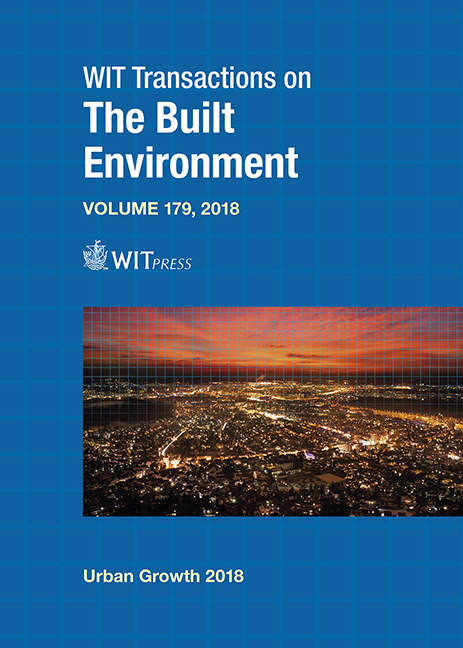CIRCULAR ECONOMY, HUMAN BEHAVIOR AND LAW
Price
Free (open access)
Transaction
Volume
179
Pages
10
Page Range
35 - 44
Published
2018
Size
257 kb
Paper DOI
10.2495/UG180041
Copyright
WIT Press
Author(s)
ALEXANDRE MORAIS DA ROSA, ANA LUISA SCHMIDT RAMOS
Abstract
Our intention with this article is to analyze the possibilities of the creation of mechanisms through the legal system that will induce the appropriate behavior to the effectiveness and expansion of the premises of the circular economy. Based on the microeconomics assumption that agents are optimizing subjects, the normative creation of fines and benefits in the face of the adoption of a pattern of behavior related to the circular economy is the challenge. At the same time that the action can be observed from the individual point of view, the creation of homologating bodies of sustainable practices by corporations, with the accreditation of these behaviors of eco-consumption, industrial ecology, economic functionality and reuse, stands out. The focus of the article will be the possibility of water management that, although public, must be worked on in order to understand the water market. The choice of water comes from the fact that it is a necessary condition for human survival for the present and the future generations. In this sense, the State has a leading role that, nevertheless, transcends territorial boundaries, requiring that international agreements be established in order to uniform mechanisms for accreditation of promoted practices, fines and benefits arising the adherence to the circular economy movement. The proposal is to indicate the design of culturally acceptable mechanisms of sanctions and benefits capable of inhibiting and encouraging the behavior of state, private and corporate agents.
Keywords
circular economy, water, normalization, individual optimizer, state agent





